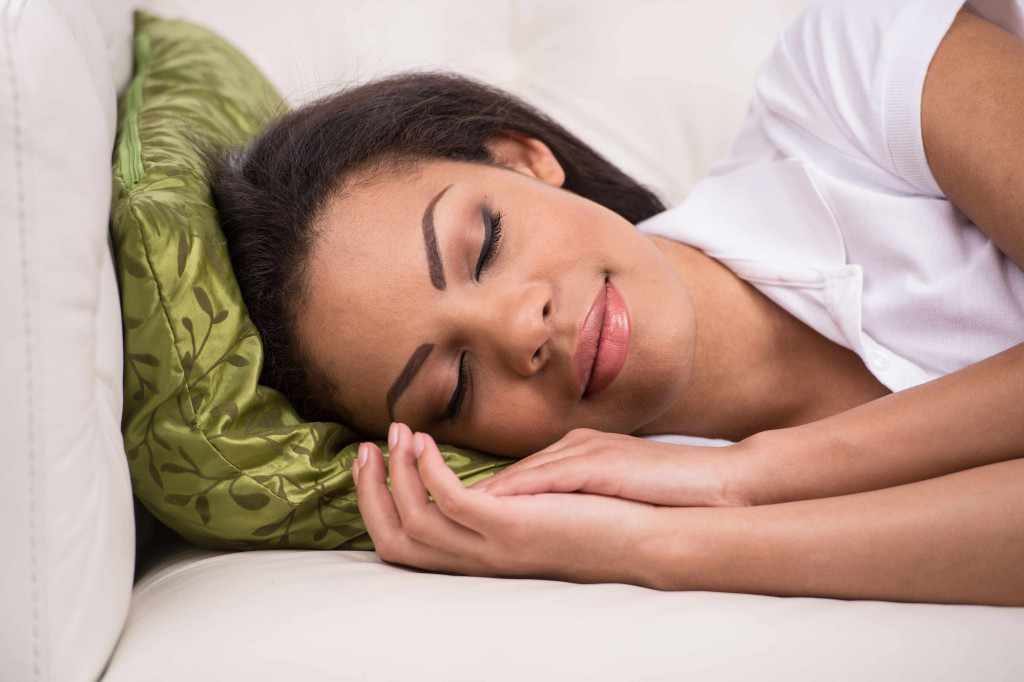 Springing forward on the clock to daylight saving time can affect your sleep pattern. However for most people it's only temporary.
Springing forward on the clock to daylight saving time can affect your sleep pattern. However for most people it's only temporary.
"With the one-hour shift, the body should be able to acclimate quickly," says Mayo Clinic sleep specialist Dr. Eric Olson.
The annual time change is similar to what's faced by traveling across time zones for a vacation.
"You generally accommodate for each time zone you cross within a day," says Dr. Olson. "So given that it's just a one-hour shift, most people will only notice the change for a day or two."
A Sunday afternoon nap may help if you're feeling off after the switch. But make it a short one. Dr Olson explains why in this Mayo Clinic Minute. Jeff Olsen reports.
Journalists: Broadcast-quality video pkg (1:01) is in the downloads. Read the script.
Related Articles

Cardiovascular






